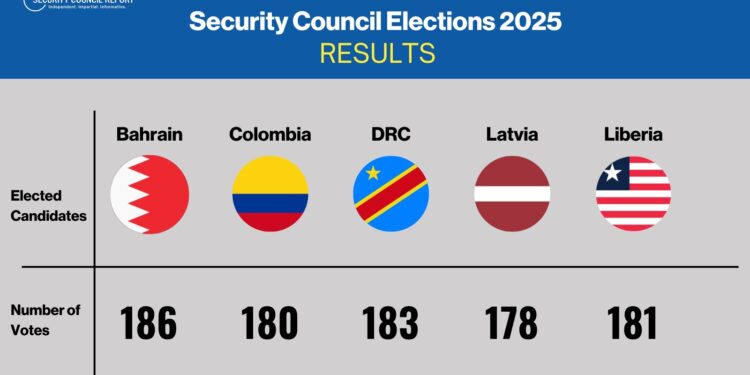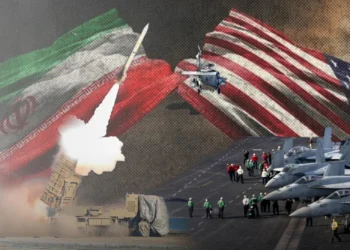Bahrain Secures UN Security Council Seat for 2026–2027: A Gulf Voice at the Global Table
In a defining moment for its foreign policy ambitions, the Kingdom of Bahrain has been elected as a non-permanent member of the United Nations Security Council (UNSC) for the 2026–2027 term. The victory, confirmed during the UN General Assembly vote in New York, positions the small Gulf nation at the center of international diplomacy during a time of global instability.
Bahrain’s successful bid, backed by overwhelming support from the Asia-Pacific Group, the Arab League, and the Gulf Cooperation Council (GCC), signals not only its rising diplomatic clout but also a wider regional aspiration to engage more directly in shaping global security discourse.
This marks Bahrain’s second term on the Security Council, the first being in 1998–1999. Its return comes at a time when the Council faces mounting challenges—from protracted conflicts in Gaza, Ukraine, and Sudan to mounting global concerns over cyber threats, energy security, and climate-induced instability.
A Symbolic Win for the Arab World
While Bahrain may be geographically modest, its election is symbolically powerful. With regional tensions intensifying and multipolarity redefining global power structures, Bahrain’s presence offers a stabilizing Gulf Arab voice at the table.
“The Security Council is not just about hard power; it’s also about soft diplomacy, consensus-building, and regional insight,” said Dr. Hala Rasheed, a Middle East policy analyst at the Doha Institute. “Bahrain’s win shows that smaller states can carry big influence when they play their cards wisely.”
Officials in Manama echoed this sentiment. In an official statement, Bahrain’s Foreign Ministry called the election “a testament to the kingdom’s commitment to peace, dialogue, and multilateral cooperation.” The statement also noted Bahrain’s focus on regional stability, humanitarian diplomacy, and international law as core pillars of its agenda.
What Bahrain Brings to the Table
As one of ten non-permanent members on the 15-seat Security Council, Bahrain will gain a voice—and a vote—on issues ranging from sanctions and peacekeeping to arms control and emergency responses. It will serve alongside five veto-wielding permanent members (China, France, Russia, the United Kingdom, and the United States), and nine other elected states.
While it does not possess veto power, Bahrain’s diplomatic approach will influence debates and help shape resolutions. Insiders suggest the kingdom will prioritize issues such as:
Middle East peace and security, especially de-escalation in Gaza and Yemen;
Maritime security in the Gulf and Red Sea, a growing global concern;
Counterterrorism and religious tolerance, aligning with Bahrain’s domestic policies;
Sustainable development and climate resilience, particularly relevant to small and vulnerable states.
Regional and Global Praise
Reaction to Bahrain’s election has been positive across the Arab world. Leaders and diplomats from the United Arab Emirates, Saudi Arabia, and Jordan welcomed the outcome, viewing it as a win for Arab diplomacy.
UN Secretary-General António Guterres congratulated Bahrain and the other newly elected members, stating his confidence in their “ability to contribute meaningfully to one of the UN’s most vital functions.”
The election is also seen as a reflection of Bahrain’s growing confidence in the international arena. Once considered overshadowed by larger regional players, Bahrain has in recent years expanded its diplomatic footprint—hosting international dialogues, joining Abraham Accords with Israel, and deepening ties with global partners.
A Test of Global Leadership
With its term beginning on January 1, 2026, Bahrain has a relatively short runway to prepare. But observers say the country’s foreign ministry has already laid solid groundwork.
“Bahrain will be tested,” said Dr. Jonathan Reyes, a UN scholar based in Geneva. “It will have to navigate the politics of the P5, push its regional priorities, and remain a voice for consensus in a fragmented world. That’s not an easy role—but it’s a crucial one.”
For Bahrain, this moment on the world stage is more than ceremonial. It represents a chance to engage deeply in the making of a new global order—one where small nations can still shape large conversations.




































